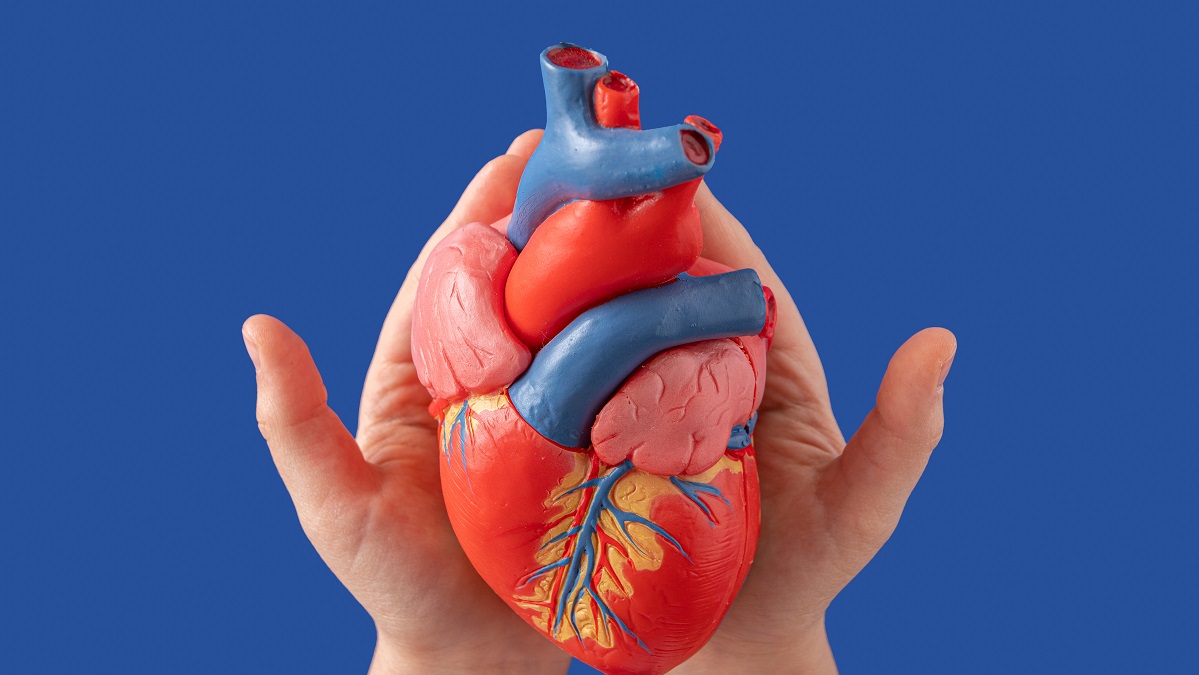Back in 1981, the US band Quarterflash had a hit in Australia with a song called Harden My Heart. Lead singer Rindy Ross sang, “I’m gonna harden my heart” after a painful break-up. Hardening her heart in a metaphorical sense may have been a good thing, but literally hardened arteries are not. And while there are many things we can do to help prevent arteries from hardening, it turns out that genes play a big part in the process.
This revelation comes from new research led by Dr Clint Miller from the University of Virginia. In a large cohort study that took in data from more than 35,000 individuals, Dr Miller’s team identified 11 genes that contribute to the hardening of the heart’s arteries.
Of the 11, only three were previously identified as having a potential link to artery hardening. The eight additional identified genes open the door for finding new ways of preventing or slowing the hardening of arteries.
Hardened arteries – what are they are and why are they bad?
When it comes to bones, as most of us know, calcium is a good thing. When it comes to our heart, it’s a very different story. Over the years, a build-up of fatty plaque in the coronary arteries can harden or ‘calcify’. Hence the term ‘hardened arteries’.
But it is not the hardness of the arteries that causes danger. The calcification causes the arteries to narrow. In turn, this can affect the heart’s ability to pump blood, oxygen and nutrients around the body.
This loss of efficiency can cause a number of problems over time, but calcification can also create another serious risk. In some cases, a piece of the calcified plaque breaks off, which can result in a heart attack.
Hardened arteries are a major factor in the onset of coronary heart disease, a serious issue in Australia. It was our leading cause of death in 2022, with 18,712 deaths attributed to the disease.
How does identifying genes help?
The Victor Chang Cardiac Research Institute (VCCRI) says the findings could pave the way for new treatments to help prevent coronary heart disease.
Having identified the roles that certain genes play in the calcification process, scientists can now work on targeting those genes. Through developing or repurposing existing drugs, they will aim to alter the genes or encoded proteins to modulate the calcification process.
Julia Timms, a spokesperson for the VCCRI, says there is reason to have cautious optimism.
“Additional research needs to be done to determine how best to target these genes and affected pathways,” Ms Timms says. But “the new discoveries could set the stage for improved risk stratification or early interventions that prevent the progression of coronary heart disease before it can take hold. That would be a game-changer for treating a disease responsible for more than 17 million deaths annually around the world.”
That’s good news for anyone at risk of developing hardened arteries.
Science might not yet be able to resolve the metaphorical hardening of the heart after a painful break-up, but preventing hardened arteries now appears to be one step closer.
Have you been diagnosed with hardened arteries? What treatments have you been prescribed or given to deal with the condition? Let us know via the comments section below.
Also read: Subtle warning signs something could be wrong with your heart

